Public announcement!
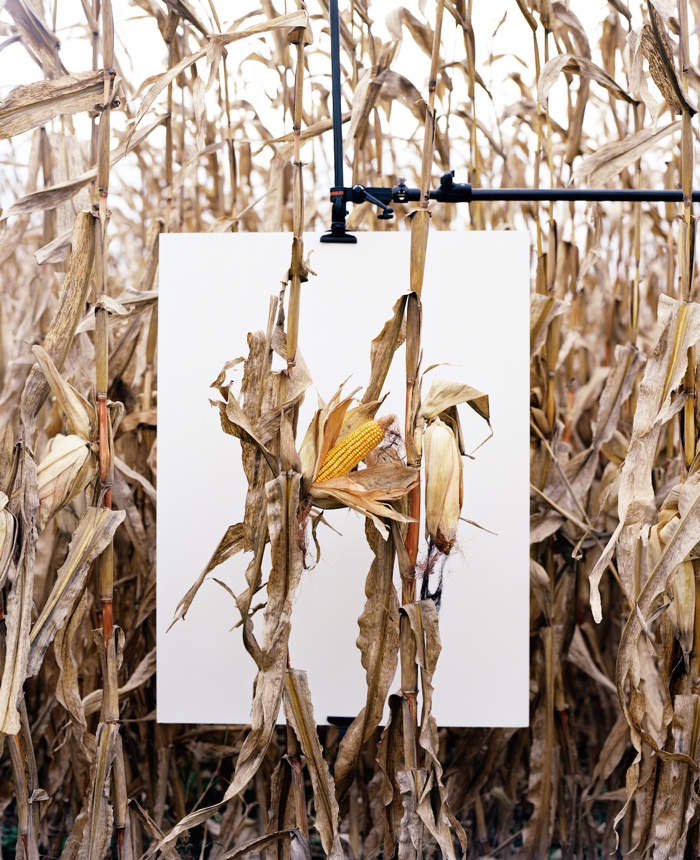
Mathieu Asselin, Monsanto. A Photographic Investigation, 2013
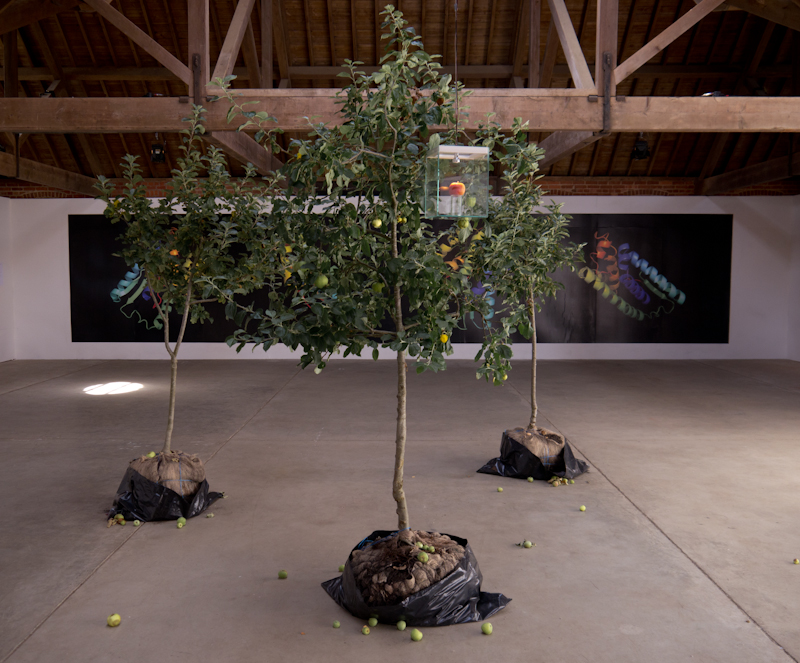
Charlotte Jarvis, Blighted by Kenning, 2011
Next month, I’ll be giving online classes titled Art & Politics for Plants. On plant geopolitics, phytoengineering and uncanny crops with the School of Machines, Making & Make-Believe.
While I did my best to sideline the humans as much as possible in last year’s animal classes, homo sapiens will play a bigger role in the plant classes and it won’t always be a glorious one:
Western cultures tend to see nature as a vast reservoir of services and resources to own and capitalise on. Plants, in particular, are often regarded as mere tools to exploit for food, medicine, fuel, industry and ornamental purposes. Over the years, however, this purely utilitarian viewpoint has revealed its calamitous consequences, marginalising communities, fostering inequality and threatening biodiversity and the survival of the animal world.
Time has come to co-evolve in a more sympathetic and mutually beneficial way with the most important (in terms of biomass at least) inhabitants of this planet.
During the weekly sessions, we’ll use art & sometimes also design to talk about biopiracy, GMOs, deforestation, mass extinction and de-extinction, land grabbing but we will also look at neurobotany, biohacking, green colonialism, the holobiont, office plants (they are plants too!), space farming and the ambiguous role played by invasive species.
In my wildest (and most ambitious) dreams, the class would be beautiful and a bit troubling. Like the film Little Joe:
Jessica Hausner, Little Joe (trailer), 2019
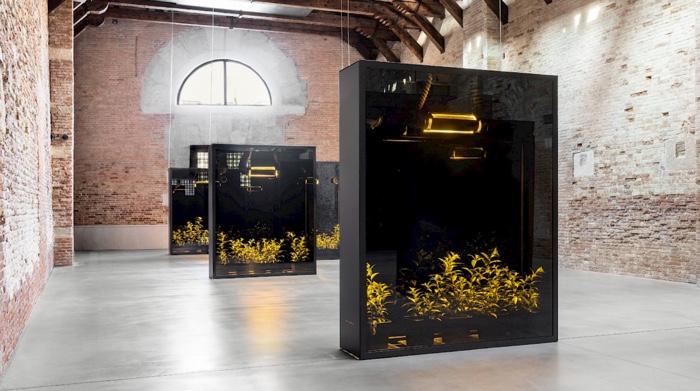
Hicham Berrada, Mesk Ellil, 2015-2019. Installation view at Punta della Dogana, Venezia 2019 © Palazzo Grassi. Photo Delfino Sisto Legnani & Marco Cappelletti
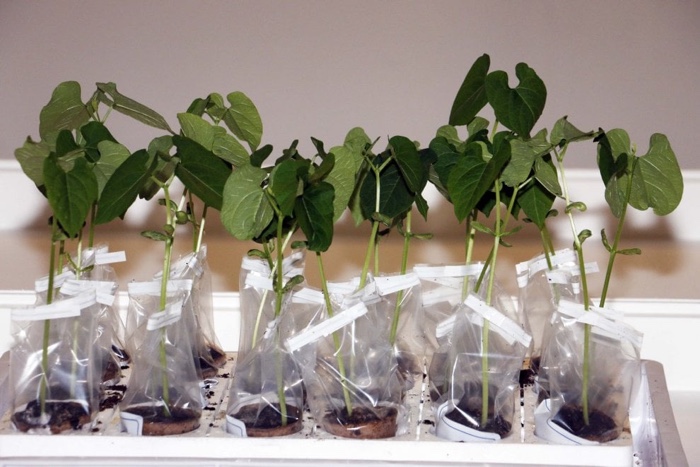
Carsten Höller and Stefano Mancuso, The Florence Experiment, 2018. Photo via La Repubblica
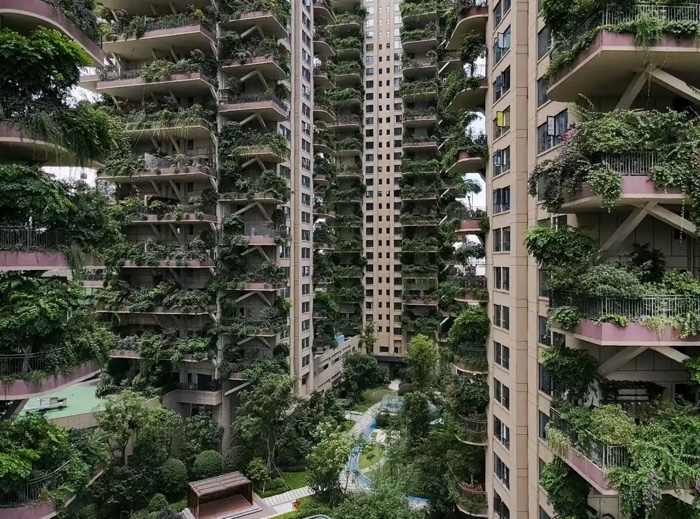
Plants appear to overrun largely uninhabited apartment buildings in south-west China’s Sichuan province, September 2020. Photograph: Rex/Shutterstock, via The Guardian
Each week, the class will give a broad overview of the debates, state of knowledge and possible controversies surrounding a specific theme. The survey will be accompanied by many examples of artworks and design projects that illustrate, contest or investigate that same topic.
There will be space for questions and conversations.
The online classes will be taking place over the course of five weeks, two hours each week. The first session will be an informal “getting to know each other” event during which i will also be taking notes of any special curiosity and interests participants might have.
Classes are live: you can directly interact with the instructor as well as with the other participants from around the world. Classes will also be recorded for playback if you are unable to attend that day.
The school is offering a limited number of pay-what-you-can tickets to take part in this class. Preference given to women, POC, LGBTQ+ and persons from underrepresented communities who would otherwise be unable to attend.
This way to join!
